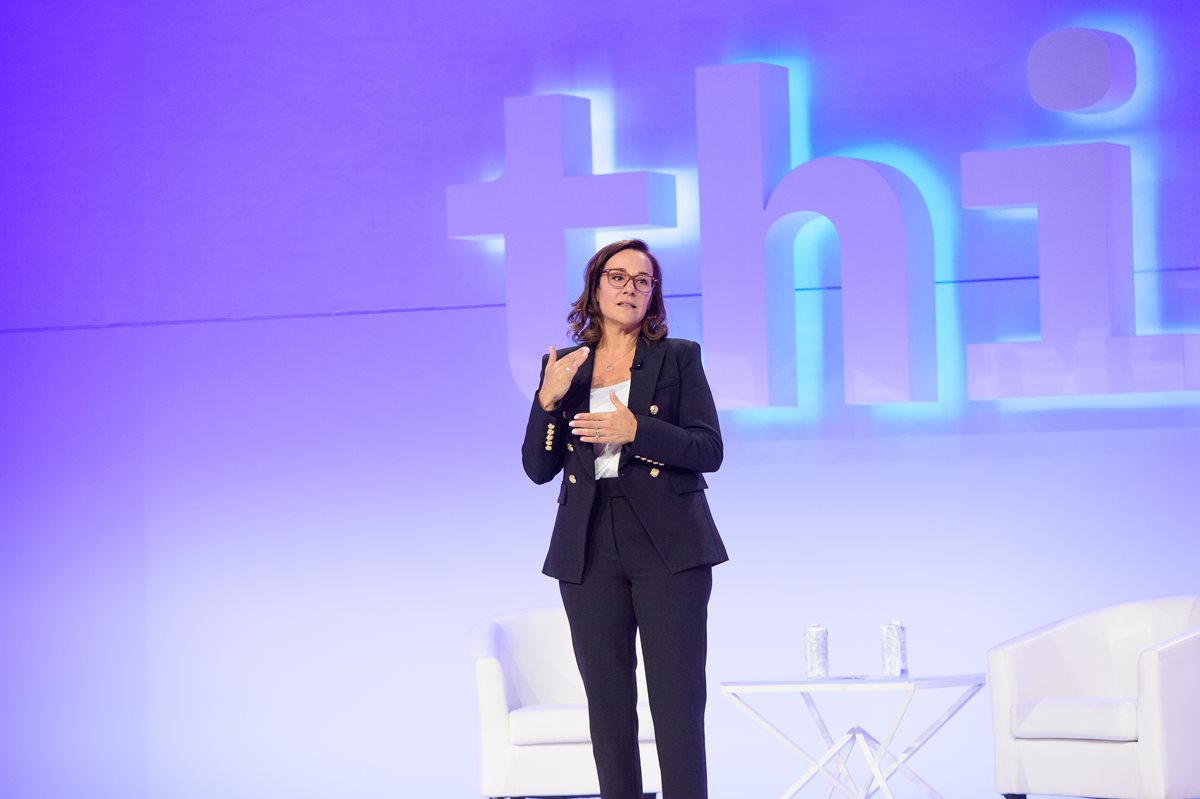In a business environment defined by disruption and accelerated change, leadership today demands more than just technical acumen. For Deb Pimentel, President of IBM Canada and General Manager, Technology, Canada, it’s about anchoring innovation in empathy, inclusion and long-term value.

“Technology is evolving at an unprecedented pace, and what motivates me as a leader is the opportunity to drive meaningful change — both for our clients and for our broader communities,” she says. “At IBM, we are at the forefront of responsible AI, hybrid cloud, and quantum, helping businesses transform while ensuring responsible adoption. My passion lies in empowering our teams to help our clients in Canada become more productive and to drive solid growth.”
In the Toronto region, where business, technology and talent intersect at scale, that philosophy translates into meaningful impact — not just for IBM, but for the wider economy.
Leadership That Listens First

Pimentel’s approach to leadership is shaped by curiosity and adaptability — qualities that are becoming non-negotiable in today’s world.
“One of the most important lessons I’ve learned is that leadership isn’t about having all the answers — it’s about asking the right questions and empowering those around you,” she shares. “The best decisions come from listening to different perspectives, embracing change, and continuously learning. In today’s fast-moving world, adaptability is just as crucial as expertise.”
Her experience shows that when leaders lead with empathy and trust, teams can navigate complexity more confidently and deliver better outcomes — for clients, colleagues and communities alike.
Reimagining the Human Experience in Technology
A defining moment in Pimentel’s recent leadership journey came not from a tech panel or policy session, but from a conversation on hospitality.
“Last year, I had the opportunity to hear a discussion between Rob Thomas, Senior Vice President, IBM Software and Chief Commercial Officer, and renowned restaurateur Danny Meyer, Founder and Executive Chairman of the Union Square Hospitality Group (USHG) and author of Setting the Table,” she says. “It was a conversation about hospitality, and it deeply resonated with me. Danny shared a simple but powerful lesson: great service isn’t just about efficiency; it’s about creating meaningful, personalized experiences.”
She saw an immediate parallel. “Just as AI can help a restaurant anticipate a guest’s preferences — like their favourite wine or ideal dining place — IBM is using AI to remove friction for our clients, freeing them to focus on what matters most. Rob spoke about our AI-driven ordering automation, not just to improve accuracy and speed, but to enable employees to deliver true hospitality.”
It’s a reminder that even in high-tech environments, it’s the human experience that ultimately defines success.
Inclusion as Strategy, Not Slogan
Equity and belonging are more than values at IBM — they’re built into the structure of the company’s workplace culture.
“At IBM we believe the innovation that matters comes from diverse perspectives and collaborative problem-solving,” says Pimentel. “That’s why we’ve built a workplace culture where inclusivity isn’t just a value — it’s a business imperative.”
She adds: “Our Business Resource Groups (BRGs), such as the Women at IBM and our Indigenous Peoples Network groups, create spaces for mentorship, allyship, and professional growth. By fostering an environment where everyone feels valued and heard, we unlock the full potential of our people.”
Scaling Global Programs with Local Relevance
“At IBM our team believes technology is a catalyst to unlock new and more powerful ways to make a positive impact,” says Pimentel.
She cites IBM SkillsBuild, which offers free digital skills training to underserved communities, including students, mid-career professionals, and newcomers. “Our goal is to train 30 million by 2030.”
She also notes IBM Month of Impact: “Our volunteer programs empower employees to give back through initiatives like mental health advocacy and STEM education for young women.”
And in the face of environmental challenges: “Our IBM Sustainability Accelerator is driving real-world impact by applying AI and hybrid cloud technology to help nonprofits and government organizations address sustainability challenges. Through this program, we support projects that tackle climate resilience, energy efficiency, and sustainable agriculture — ensuring that technology serves as a force for good in communities in Toronto as well as more broadly across Canada.”
These global initiatives play out meaningfully in the Toronto region — helping to upskill local talent, support inclusive innovation, and strengthen community impact.


